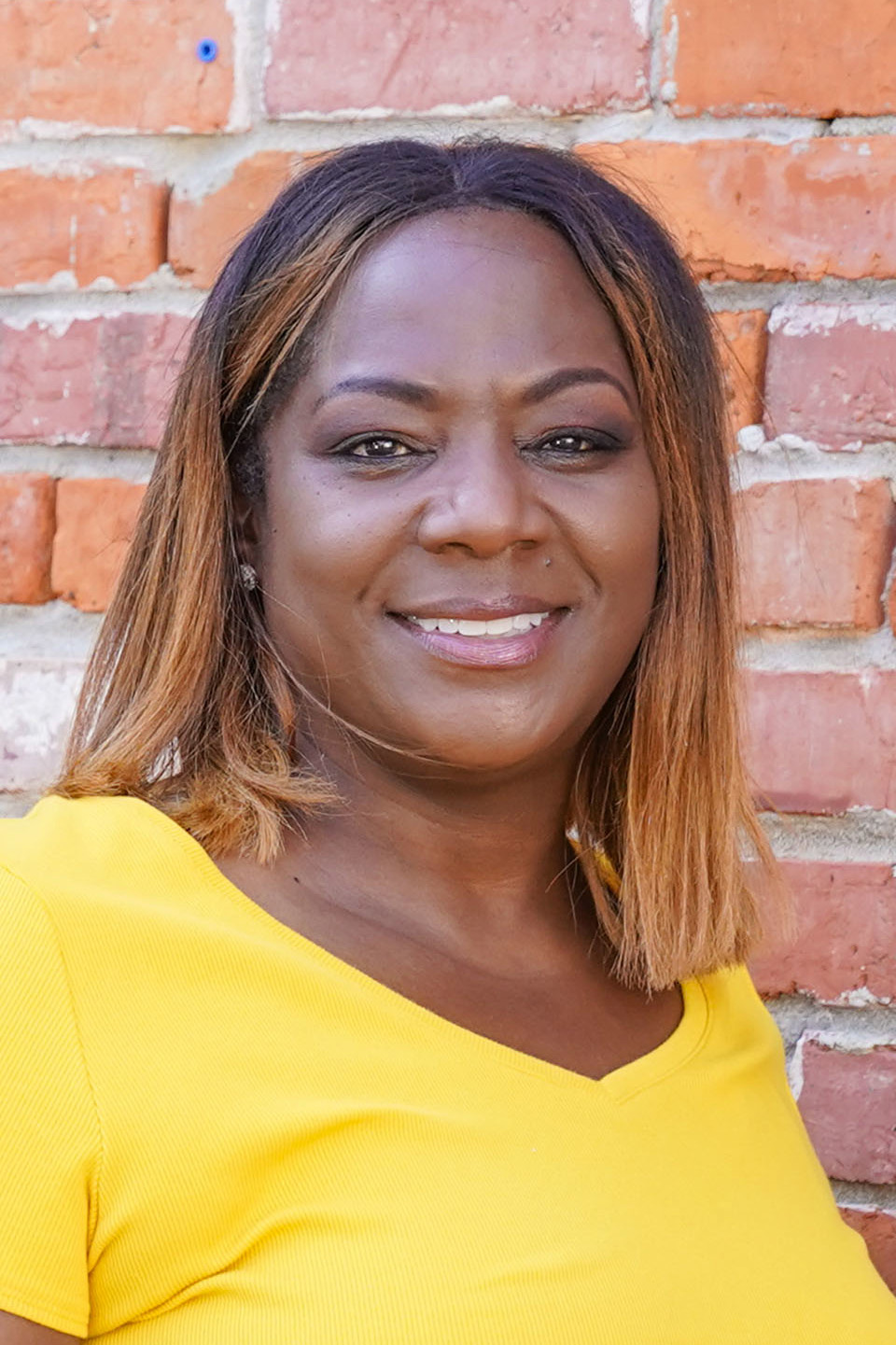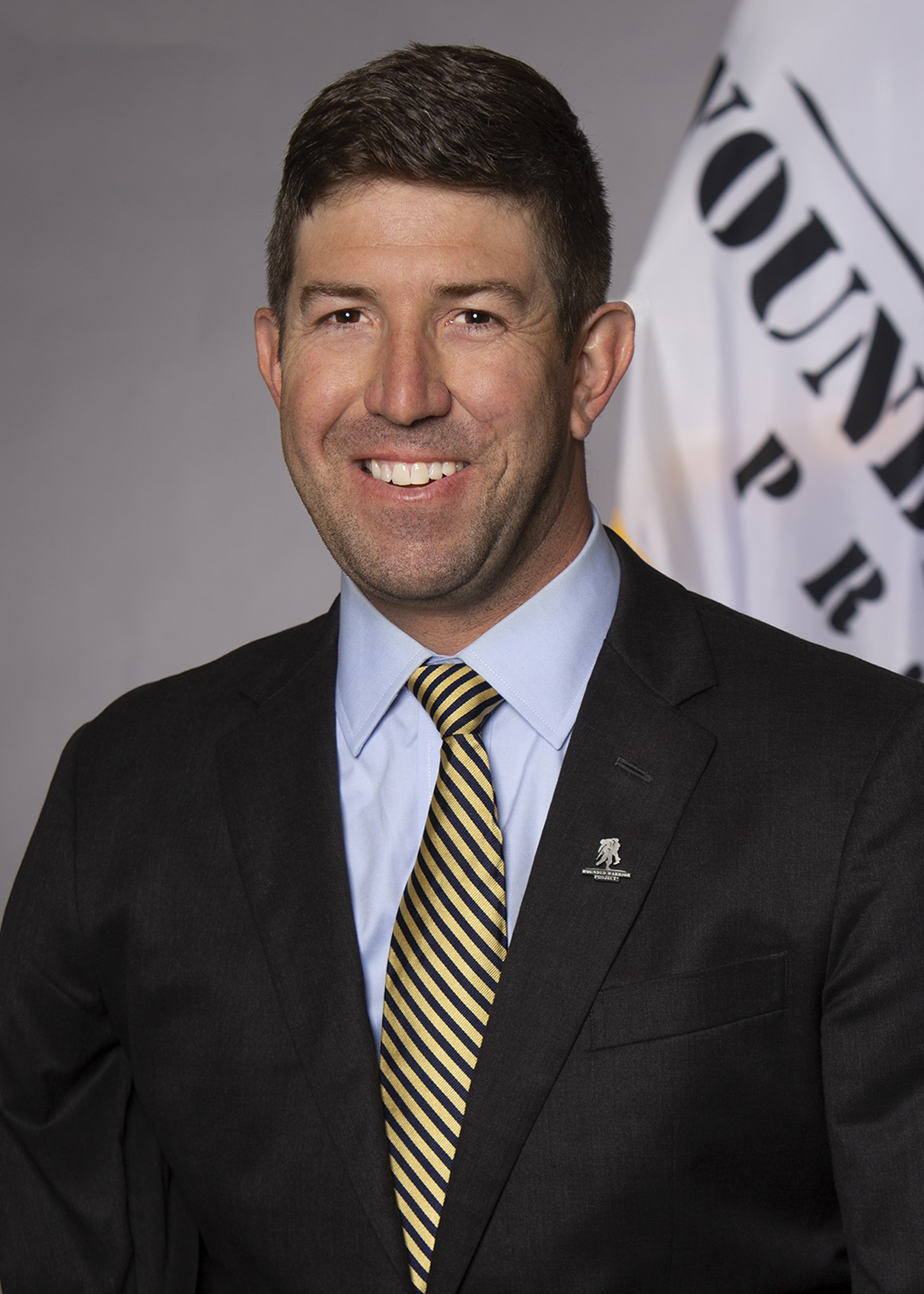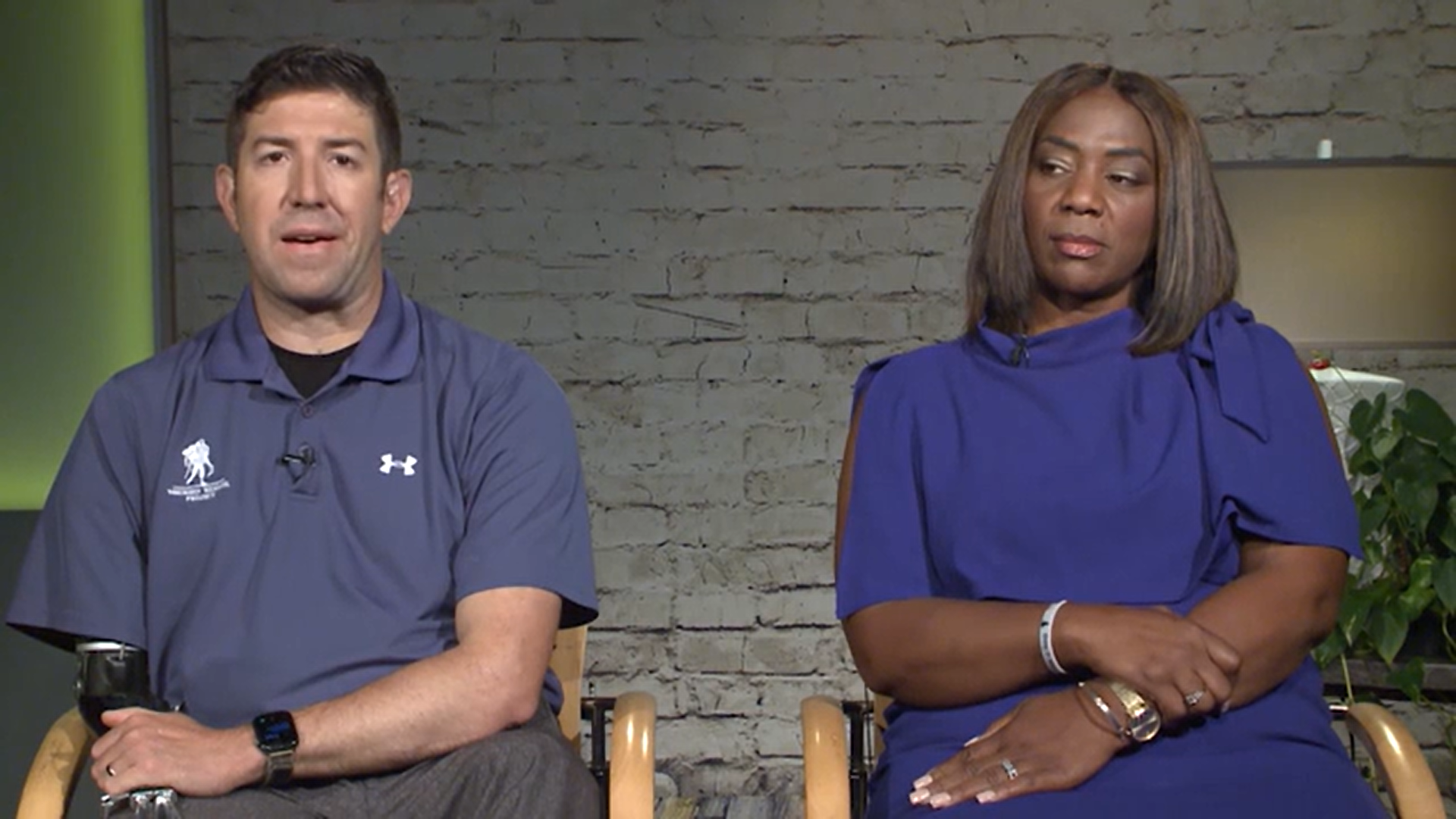WOUNDED WARRIOR PROJECT HELPS TO RESTORE LIGHT IN LIFE OF SOLDIERS RETURNING FROM ACTIVE DUTY
Learn How Barriers and Stigmas of PTSD are Preventing Returning War Veterans from Seeking Help or Treatment
BACKGROUND:
Post-traumatic stress disorder (PTSD) is a mental health condition that is triggered by a traumatic or terrifying event – either experiencing it or witnessing it. It is estimated more than 600,000 veterans live with flashbacks, nightmares, anxiety, or other symptoms of post-traumatic stress disorder (PTSD). The challenges associated with repeatedly reliving traumatic experiences can be crippling to anyone. For veterans, this can make the transition to civilian life even more daunting. Wounded Warrior Project (WWP) offers interactive programs, peer support, rehabilitative mental health workshops, access to clinical care, as well as intensive outpatient treatment through its Warrior Care Network to help veterans manage PTSD, traumatic brain injury (TBI), and combat stress.
Ryan Kules, Project Odyssey Director at WWP talked more about how the organization aids veterans to overcome stigma, access care, and connect warriors with others like them so they can start their journey to recovery. He’ll was joined by veteran, Yolanda Poullard who shared her story about her experiences that led her to recovery.
DID YOU KNOW?
- nearly 1 in 5 warriors report difficulty or put off getting care for mental health
- Of these warriors, about 2 in 3 warriors feel embarrassed or ashamed to seek out treatment
- Of these same warriors, nearly 2 in 3 warriors were concerned they might be seen as weak if they sought for help
- Data from the 2021 WWP Annual Warrior Survey.
For more information please visit: www.woundedwarriorproject.org
MORE ABOUT RYAN KULES:
Ryan Kules joined Wounded Warrior Project® (WWP) in 2007 and serves as the Project Odyssey director. Prior to joining WWP, Ryan served in the U.S. Army as an armor officer. After completion of armor officer basic and airborne schools, Ryan was assigned to 1st Battalion, 13th Armor Regiment. He deployed to Taji, Iraq, in February 2005, and led patrols, raids, and searches in the area surrounding the base. On November 29, 2005, while returning from an early morning search, Ryan’s vehicle was hit with an improvised explosive device (IED) buried in the road. After being evacuated to Walter Reed Army Medical Center, Ryan remained in a coma for two weeks before slowly beginning rehabilitation. During his recovery, he participated in WWP programs as an Alumni before joining the team as an employee. Ryan was awarded a Purple Heart medal because of his injuries. He retired from the Army as a captain in May 2007 and holds a bachelor’s degree in justice studies from Arizona State University.
MORE ABOUT YOLANDA POULLARD:
Yolanda Poullard looked back on her time in the Army and realized she missed using her leadership skills. While serving, she led more than 150 soldiers on a communications team. They helped connect units around Iraq. But after leaving the military, Yolanda struggled to find that new chance to guide others. A heavy load for anyone to cope with. For Yolanda, it impacted her life at home. She tried numerous ways to address her PTSD and thought nothing would help. She eventually listened to the suggestion to try Wounded Warrior Project’s Warrior Care Network. She said she started to notice a change as soon as the evaluation process started. The clinical treatment provided by Warrior Care Network Partner UCLA’s Operation Mend helped Yolanda carefully relive her traumas to find effective ways to cope with each issue. Cognitive treatment retrained the brain, while mindfulness efforts helped Yolanda address stress in her life. Now, she helps lead veterans to the mental health care that many need.
Interview Provided by: Wounded Warrior Project




